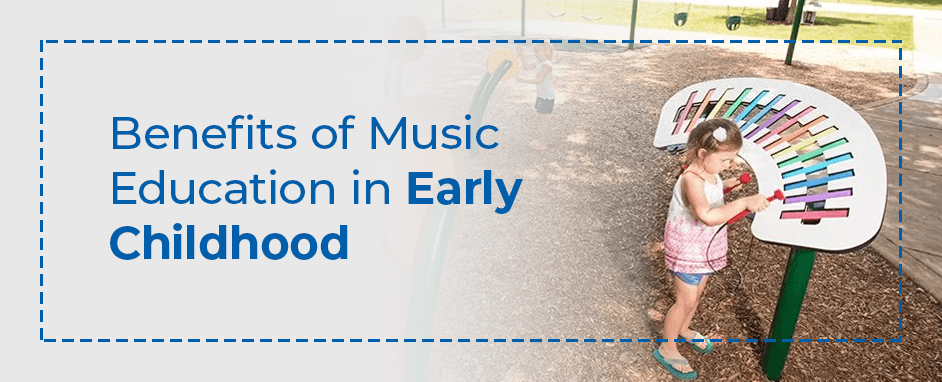The Importance of Music Education in Child Development
In today’s fast-paced and technology-driven world, parents often prioritize academic subjects like math and science over the arts. However, music education plays a crucial role in a child’s overall development. From boosting cognitive skills to improving social and emotional well-being, the benefits of music education are vast and essential for a child’s growth.
Enhances Cognitive Skills
Numerous studies have shown that music education can have a profound impact on a child’s cognitive development. Learning to play an instrument, for example, requires the use of both hemispheres of the brain, which in turn enhances a child’s memory, concentration, and problem-solving skills. By engaging in music-related activities, children are also improving their listening and auditory processing abilities, which are essential for academic success.
Fosters Creativity
Music education stimulates creativity and imagination in children. Whether they are composing their own songs or interpreting a piece of music, young minds are encouraged to think outside the box and express themselves in unique ways. This creative outlet can help children develop a sense of individuality and self-confidence, which are essential skills for navigating the complexities of life.
Promotes Social Skills
Music education provides opportunities for children to collaborate with others and work towards a common goal. Whether they are performing in a band or choir, students learn the importance of teamwork, communication, and cooperation. These social skills are transferable to other areas of life and can help children build strong relationships with their peers.
Improves Emotional Well-being
Music has the power to evoke emotions and connect with our innermost feelings. By engaging in music education, children are given a safe space to express themselves and process their emotions in a healthy way. Whether they are feeling joy, sadness, or anger, music can serve as a form of therapy and provide comfort and solace during challenging times.
Enhances Academic Performance
Research has shown that students who engage in music education tend to perform better academically than their peers who do not. The discipline and focus required to learn an instrument or read sheet music can translate into improved academic performance in other subjects. Additionally, music education has been linked to higher standardized test scores, demonstrating the cognitive benefits of a well-rounded education that includes music.
Conclusion
In conclusion, music education plays a vital role in a child’s overall development. From enhancing cognitive skills and fostering creativity to promoting social skills and improving emotional well-being, the benefits of music education are undeniable. Parents and educators should prioritize music education as an essential component of a child’s academic and personal growth. By exposing children to the transformative power of music, we are setting them up for success in all areas of their lives.


